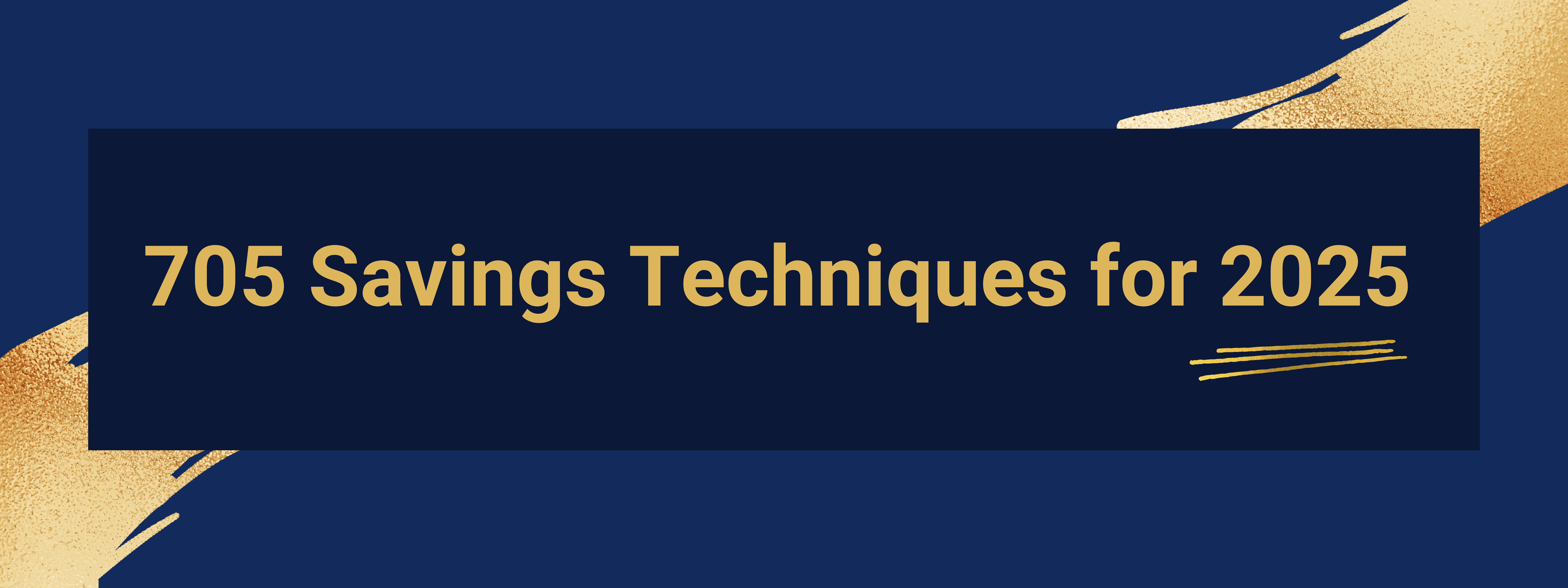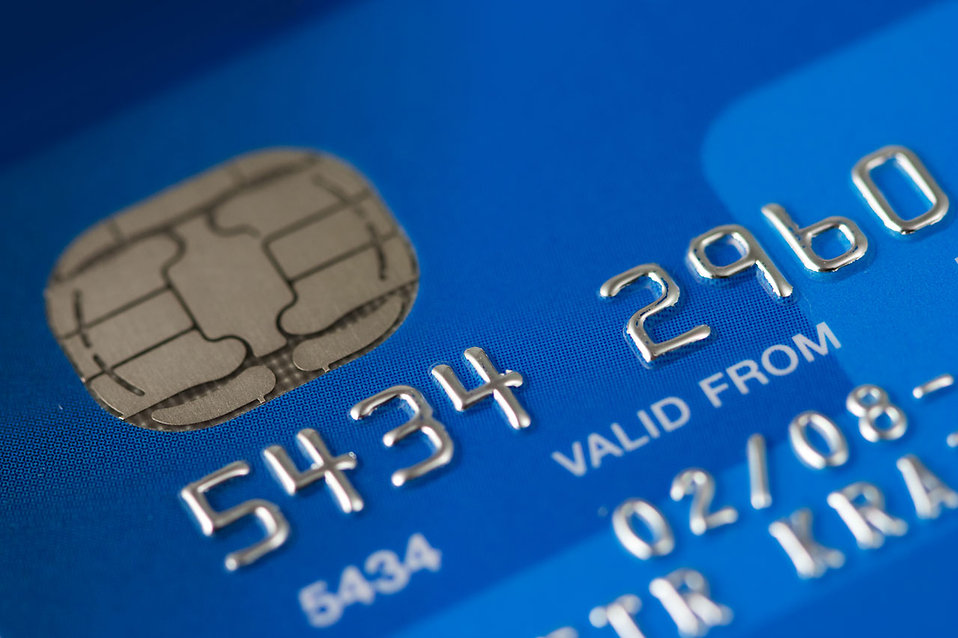Quick-what’s your credit score?
As a financially responsible individual, you should be checking your credit on a regular basis. You can do this by signing up for free credit monitoring on a reputable website like CreditKarma.com, requesting your annual complimentary credit report from AnnualCreditReport.com and reviewing your monthly credit card statements.
If all goes well, your report will hold no surprises and your score will be in excellent shape, or steadily increasing. Sometimes, though, you may find an error in your report. It might be a sharp decline in your score when you know you haven’t changed your spending or bill-paying habits, a large transaction you’re sure you’ve never made or an unfamiliar line of credit. While it can be disconcerting to find a mistake in your credit report, the good news is you can contest errors like these and fix your score.
Mistakes you may find on your credit report

Credit report errors are quite common. In fact, 26% of participants in a study by the Federal Trade Commission found at least one error on their credit reports that brought down their score. A lower score can mean getting hit with higher interest rates on loans, and can prove to be an obstacle when applying for a new line of credit or a large loan.
Most of these errors can be traced back to clerical mistakes, though some are caused by a lack of action on your part, or by criminal activity.
Credit report errors include the following:
- You’re mistakenly identified as someone with a name similar to yours.
- A credit account was never included in your report, weakening your perceived credit worthiness.
- Your loan or credit card payments were applied to the wrong account.
- A legitimate credit account or debt has been reported and recorded multiple times.
- Your name is still linked to your ex-partner’s accounts and debts.
Identity thieves have used your name and credit file to open accounts and take out loans you knew nothing about – and it’s unlikely they have been making payments on those loans.
To avoid credit report errors, make sure to use your legal name on every line of credit you open, to remove your name from any accounts you are no longer associated with and to have all of your creditors report your open accounts to the major credit bureaus. As mentioned above, it is also crucial that you monitor your score to find mistakes as quickly as possible.
3 steps to disputing an error
If you’ve spotted an error on your credit report, don’t panic. Follow these three steps to dispute the error and fix your credit:
Step 1: File a dispute with each of the major credit bureaus.
You’ll need to inform all three major credit bureaus, Equifax, TransUnion and Experian, about the error. All three bureaus allow you to file disputes online.
In your written dispute, you’ll need to clearly identify each disputed item in your report, explain why you are disputing these items and ask that the errors be deleted or corrected. Include your full contact information, as well as copies of any documents that support your claim. You can also include a copy of your credit report, highlighting the items you are disputing.
To file your dispute online, follow these links for each of the three major credit bureaus: Equifax, TransUnion, Experian.
You can also file your disputes by mail to Equifax and TransUnion; Experian currently accepts online disputes only. If filing by mail, it’s best to send your letter via certified mail with a requested return receipt. It’s also a good idea to keep a copy of your correspondence for your own records.
Mail your Equifax dispute to the following address:
Equifax Information Services LLC
P.O. Box 740256
Atlanta, GA 30348
Mail your TransUnion dispute to the following address:
TransUnion LLC
Consumer Dispute Center
P.O. Box 2000
Chester, PA 19016
Step 2: Contact the creditor
After you’ve contacted each bureau, you can also reach out to the creditor that’s linked to the error in your report. This step isn’t necessary, but it may speed up the correction process.
Most creditors will provide a link or an address for disputes. When filing your dispute, follow the guidelines above and include all relevant information and documentation. Be sure to let the creditor know you’ve also contacted the credit bureaus, as they’ll want to include this information and a copy of your dispute if they report their findings to the bureaus. You can also ask to be copied on all correspondences between the creditor and the bureaus.
Step 3: Follow up in 30 days
Expect to be contacted by the bureaus and the creditor within 30 days after filing your disputes. If all goes well, your dispute will be accepted, and your credit will be restored. In many states, you are eligible to receive a complimentary credit report following a registered dispute.
If one of the credit bureaus or a creditor refuses to accept your dispute or does not resolve the error in your favor, you can ask the bureau or creditor to include a copy of your dispute in your file and in all future credit reports. This way, a lender or creditor will be made aware of the alleged error when reviewing your credit. You may be charged a small fee for this service, but it is generally worth the price. If you feel the error is too significant to ignore, consider hiring a lawyer to help you contest the report and fix your credit.
Disputing an error on your credit report is fairly simple. Always monitor your score and be vigilant about correcting errors. The payoff can affect your financial wellness for years to come.













